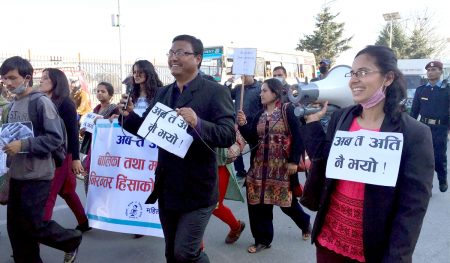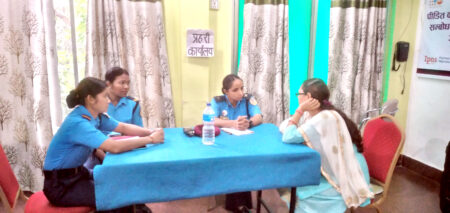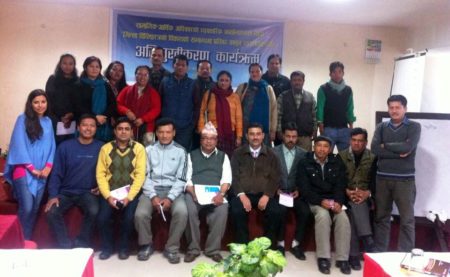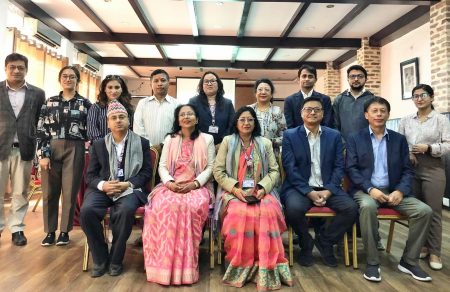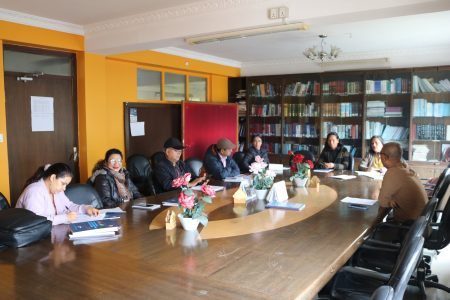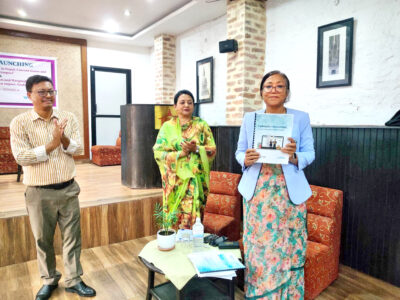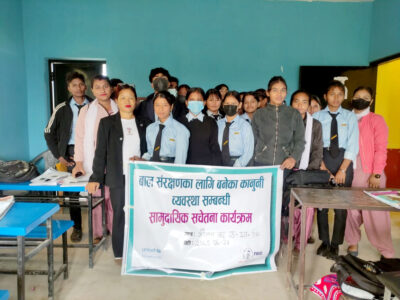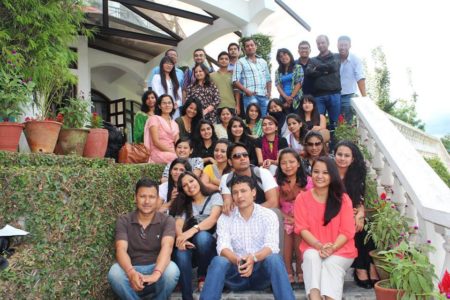Nepal is highly vulnerable to various types of disasters. Globally, it is ranked eleventh and thirtieth in terms of vulnerability to earthquake and flood risks respectively (MoHA, 2018). Nepal has witnessed remarkable disaster events ranging from mega earthquakes, flood and landslides to global pandemic COVID-19 and its aftermaths.
Disaster does not affect men and women differently but the impact of disaster is gender neutral. Its impacts tend to fall disproportionately on women and girls and other marginalized groups, due to systemic gender and social inequality. In disasters, gender inequality and compounding social inequalities (for example, ability, age, race/ethnicity, sexuality, socio-economic status, education level) are exacerbated, triggering more direct and indirect negative impacts on marginalized groups. The number of death of women is more to men (5658 men and 6281 women) from different types of disasters till now in the country as per Nepal Disaster Risk Reduction Portal, 2022. When comparing women and men, disasters lower the life expectancy of women more than men and women are more likely to die from natural disasters and experience more negative mental health impacts. The impact of disaster on diverse group of women and girls (old, single women, socially and economically backward groups, adolescent girls, pregnant and lactating mothers, people with disability) is multi-faceted. They face various impacts as economic impacts, social impact, psychological impact, health impact, gender-based violence, sexual and reproductive impact etc. during and after the disaster.
FWLD attempts to address the prevailing gender inequality in the post disaster period and see whether the post disaster responses by the Government and other key stakeholders have maintained gender/social inclusion or not. The organization in this regard has been undergoing activities such as focus group discussions, conducting interviews with key informants, conducting citizen’s report cards which portrays the level of satisfaction of earthquake victims on the relief and support provided by the government as well as hold a national level policy dialogue regarding the new disaster management bill from the GEDSI Perspective.



